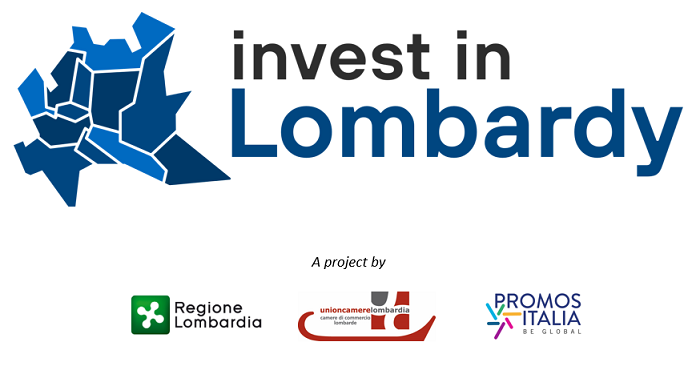The new rate comes into effect from 1 January 2017, with the evident goal of reducing fiscal pressure – the reduction in the IRES corporate tax rate to 24%, from its current rate of 27.50% – and increasing Italy’s attractiveness, stimulating new investment plans that will become tangible from next year onwards.
For the sake of completeness, it should be remembered that limited liability companies and joint-stock companies resident in Italy are subject to IRES, as are companies and entities of all kinds that, although not resident in Italy, generate income in Italy. For example, the Italian branches of foreign companies are subject to IRES.
Over the years, Italy’s corporate tax rate has gradually come down. From 2004 to 2007, it stood at 33%; between 2008 and 2016 it was 27.50%. Now, as we have seen, in 2017 it is dropping once again, this time to 24%.
It should be noted that, with the exception of banks and financial companies, this reduction in the IRES rate to 24% applies to all companies that are subject to the tax. For these two categories of business, the nominal tax rate remains unchanged.
That said, banks and financial entities can also look forward to a favorable new development in 2017: full deductibility of interest expenses. Indeed, these companies will no longer be subject to the requirement that 4% of their interest expenses are non-deductible.
As noted, the reduction in the nominal corporate tax (IRES) rate, that goes into effect in 2017, will be of benefit to companies and entities subject to the tax (limited liability companies, joint-stock companies, etc.). To complete the framework of fiscal initiatives conceived to support businesses, it should further be noted that the Government is currently looking into measures to benefit individual entrepreneurs and partnerships, whose income is currently subject to IRPEF (individual income tax) at progressive rates that rise with income from 23% to 43%.
The Government is assessing the possibility of introducing a new facilitated tax for such parties. Known as IRI (Entrepreneurial Income Tax), it would partially replace IRPEF on corporate income. The rate of this new tax would be set at a flat 24%, making it generally lower than standard IRPEF.
IRI would apply exclusively to profits reinvested in the business; income drawn by the entrepreneur for his/her own personal needs would continue to be subject to standard IRPEF.
It should be remembered that in any event this provision is still being examined by the Cabinet; in consequence, we are still in the dark about the details. We will have to wait for the 2017 Stability Act – due to be issued before the end of the year – to find out how it is actually implemented.
Written by Giovanni Triunfo and Dario Galloni – MGI DE LEONE – TRIUNFO – GALLONI & ASSOCIATI


